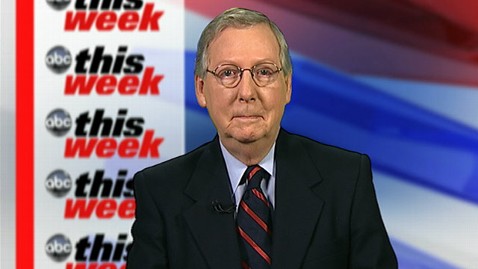CENTENNIAL: The alleged gunman behind the Colorado theatre shooting was relaxed and cooperative when arrested after the massacre which killed 12 people, an officer told a court hearing Monday.
James Holmes, who was wearing body armour and a mask, told police his name and volunteered that there were improvised explosive devices rigged up in his apartment, when detained after the shooting last July in Aurora, Colorado.
Holmes, sporting dark brown hair and a full beard, was led into court in handcuffs at the start of a week-long hearing expected to hear more details about the shooting, which revived America's perennial debate over gun control.
Clad in dark red prison scrubs, Holmes -- who had bright orange hair when he first appeared in court last July -- stared straight ahead and talked to no one in the courtroom, as relatives of the victims looked on.
Aurora policeman Jason Oviatt told the court how he at first thought Holmes was another officer when he arrived with dozens of other police, in response to 911 calls about the midnight shooting at a screening of the new Batman film.
Holmes had his hands on the top of a white car at the back of the building, and as Oviatt approached, he saw he was not a fellow officer.
"As I got closer the man was just standing there, not moving. The overall picture didn't match a police officer as I got closer," said Oviatt, one of two officers who testified at the opening court session.
The 25-year-old offered no resistance when ordered him to put his hands up, he said.
"He was completely compliant ... He was very relaxed, there weren't normal reactions to anything ... He was very detached," he said, adding: "He seemed to be out of it, and disoriented."
Fellow policeman Aaron Blue said Holmes told officers his name, home address, and that he had four weapons. "He volunteered there were no bombs here, but he had improvised explosive devices at his home," he said.
The alleged attack took place on July 20 in an opening midnight screening of the blockbuster Batman movie, "The Dark Knight Rises," at the Century 16 theatre in Aurora.
Witnesses said Holmes threw smoke bomb-type devices before opening fire randomly with weapons including an AR-15 rifle, a 12-gauge shotgun and a .40-caliber pistol.
His one-bedroom apartment was later found to be booby-trapped with an array of home-made explosive devices, which police had to disarm before entering the dwelling.
In the last five months some details have leaked out, including that Holmes was being treated by a psychiatrist at the University of Colorado, where he was a doctoral student in neuroscience until shortly before the shootings.
But much has been kept confidential as part of the pre-trial judicial process, and this week's hearing is expected to reveal a good deal of previously-undisclosed evidence.
Prosecutors will build up their case that the shootings were a premeditated act of mass murder, while Holmes' lawyers may try to pick holes in evidence. It is unclear if they will argue that he is mentally unfit to stand trial.
The Aurora massacre, which also wounded at least 70, revived the perennial US debate over gun control -- an issue re-ignited even more intensely by last month's shooting of 20 young children at a Connecticut elementary school.
Only two days before Monday's hearing a gunman killed three people in Aurora itself, before police shot him dead. He had barricaded himself inside a house with his victims' bodies Saturday, but a woman escaped and raised the alarm.
- AFP/jc










